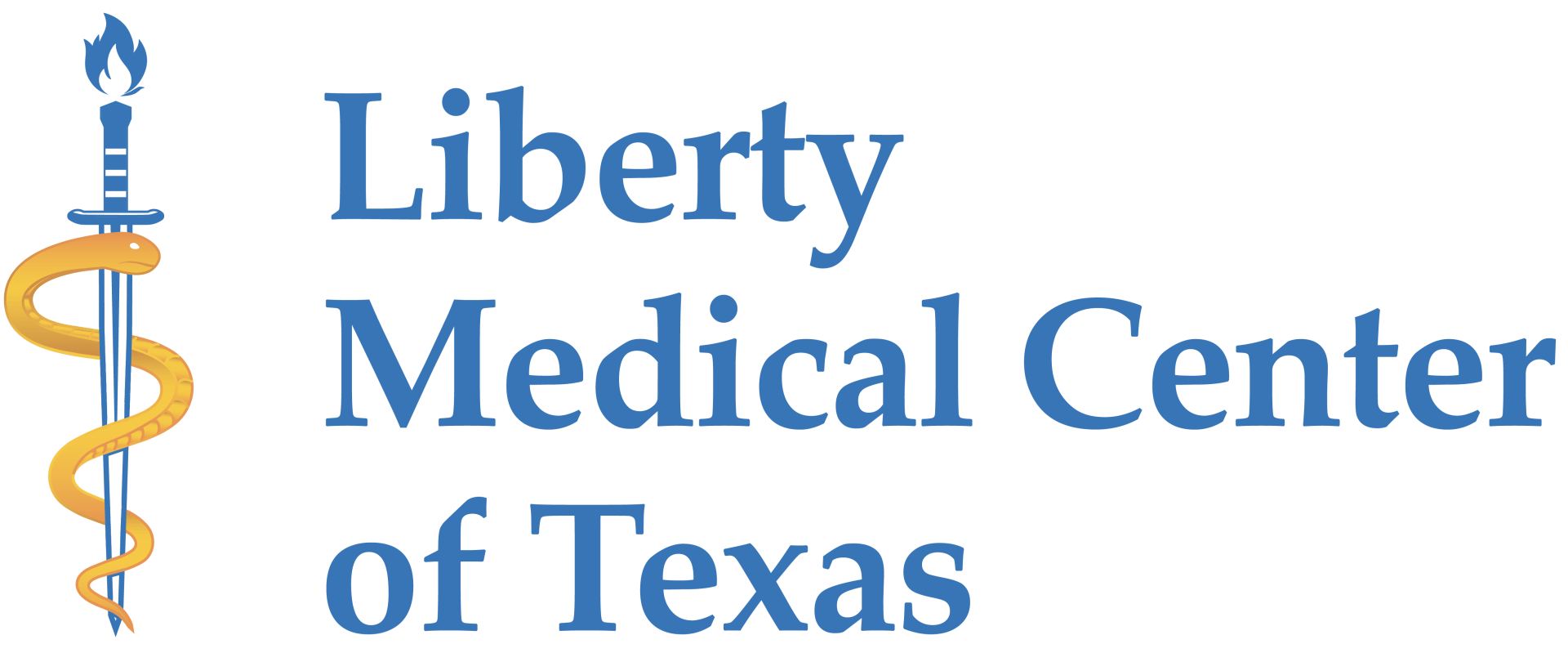5 Powerful Support Groups For Veterans

It is essential for Veterans to build strong networks after serving -- and an excellent way to do that is to join a support group.
In a support group, individuals can relate to people who have similar lived experiences. Here are some groups that we recommend for our members:
1. American Legion
Since 1919, the American Legion has served wartime veterans in a variety of ways. It has local chapters across the country and provides youth mentoring programs, help with seeking benefits, an education center, a health center, and a career center to help veterans returning from war or retiring from the service to find employment. The American Legion partners with other organizations, such as the United Services Automobile Association, to provide financial products especially for its members.
Veterans who meet membership requirements can join the American Legion via their website or by contacting a local office. Membership requires that a veteran served federal active duty during a war era, which includes:
2. Anxiety and Depression Association of America
The ADAA provides information and resource links for individuals struggling with anxiety or depression. Its website includes a number of articles on mental health topics and can help veterans and their families understand the symptoms associated with each. It also provides a directory of therapists and links to other organizations that veterans and families may find beneficial.
3. PTSD Foundation of America
The PTSD Foundation exists to combat the impact of post-traumatic stress. It provides some counseling and networking services for veterans, but it also works to raise awareness about PTSD so that families are better prepared to deal with it. The foundation supports a number of programs, including Camp Hope and Warrior Groups. It also works with individuals and organizations across the nation to set up one-on-one mentoring and larger support groups to help vets and families navigate and deal with PTSD.
4. Sidran Institute Help Desk
The Sidran Institute publishes research, articles, and support information online for anyone who has experienced a traumatic event. It also offers information for family members of those who are dealing with trauma. Veterans and their families may find some of the articles helpful. The Institute also sponsors a help desk that works via email to link vets and others seeking help with the right resources. It’s not a hotline; you provide contact information via email at [email protected], and someone gets back to you within one week. The Sidran Institute does provide a list of trauma treatment programs and recommends calling a service such as the National Suicide Prevention Lifeline at 1-800-273-TALK for emergency needs.
5. Vet Center Program
The Vet Center Program provides counseling and support for vets adjusting to civilian life after returning home from war. The program is present in cities throughout the nation and serves veterans who served in any combat zone. Services provided by the program include, but aren’t limited to:
To benefit from services through the Vet Center Program, vets must meet one or more requirement(s):
In a support group, individuals can relate to people who have similar lived experiences. Here are some groups that we recommend for our members:
1. American Legion
Since 1919, the American Legion has served wartime veterans in a variety of ways. It has local chapters across the country and provides youth mentoring programs, help with seeking benefits, an education center, a health center, and a career center to help veterans returning from war or retiring from the service to find employment. The American Legion partners with other organizations, such as the United Services Automobile Association, to provide financial products especially for its members.
Veterans who meet membership requirements can join the American Legion via their website or by contacting a local office. Membership requires that a veteran served federal active duty during a war era, which includes:
- April 6, 1917 through November 11, 1918
- December 7, 1941 through December 31, 1946
- June 25, 1950 through January 31, 1955
- February 28, 1961 through May 7, 1975
- August 24, 1982 through July 31, 1984
- December 20, 1989 through January 31, 1990
- August 2 1990 through current day (as of March 2018)
2. Anxiety and Depression Association of America
The ADAA provides information and resource links for individuals struggling with anxiety or depression. Its website includes a number of articles on mental health topics and can help veterans and their families understand the symptoms associated with each. It also provides a directory of therapists and links to other organizations that veterans and families may find beneficial.
3. PTSD Foundation of America
The PTSD Foundation exists to combat the impact of post-traumatic stress. It provides some counseling and networking services for veterans, but it also works to raise awareness about PTSD so that families are better prepared to deal with it. The foundation supports a number of programs, including Camp Hope and Warrior Groups. It also works with individuals and organizations across the nation to set up one-on-one mentoring and larger support groups to help vets and families navigate and deal with PTSD.
4. Sidran Institute Help Desk
The Sidran Institute publishes research, articles, and support information online for anyone who has experienced a traumatic event. It also offers information for family members of those who are dealing with trauma. Veterans and their families may find some of the articles helpful. The Institute also sponsors a help desk that works via email to link vets and others seeking help with the right resources. It’s not a hotline; you provide contact information via email at [email protected], and someone gets back to you within one week. The Sidran Institute does provide a list of trauma treatment programs and recommends calling a service such as the National Suicide Prevention Lifeline at 1-800-273-TALK for emergency needs.
5. Vet Center Program
The Vet Center Program provides counseling and support for vets adjusting to civilian life after returning home from war. The program is present in cities throughout the nation and serves veterans who served in any combat zone. Services provided by the program include, but aren’t limited to:
- Individual counseling
- Group counseling
- Family counseling
- Sexual trauma counseling
- Substance abuse assessment and referral for treatment if necessary
- Explanation and help with VA benefits
- Some medical screenings and referrals
To benefit from services through the Vet Center Program, vets must meet one or more requirement(s):
- Served in an area of hostility or combat theater
- Experienced sexual trauma as a result of military service
- Have provided direct care or death services to other individuals while serving in active duty
- Served on a team providing unmanned aerial vehicles to combat zones
- Be a Vietnam vet who has previously accessed the center prior to January 1, 2004
To become a member and receive our services, please apply on our Liberty Medical Center of Texas Form and learn more about how we can help you today.


